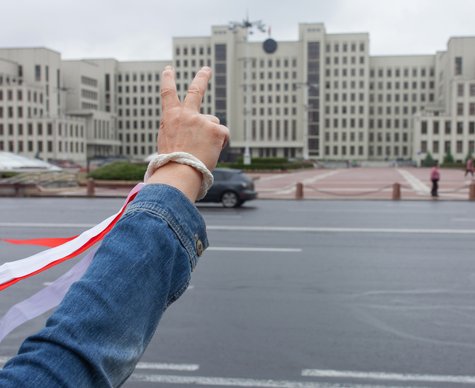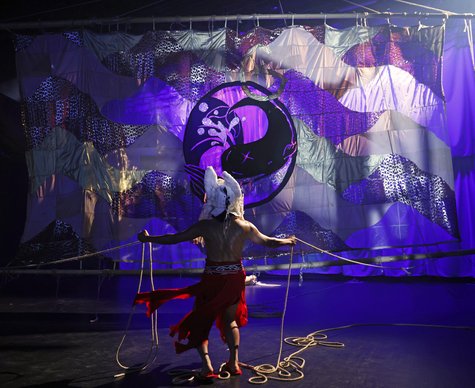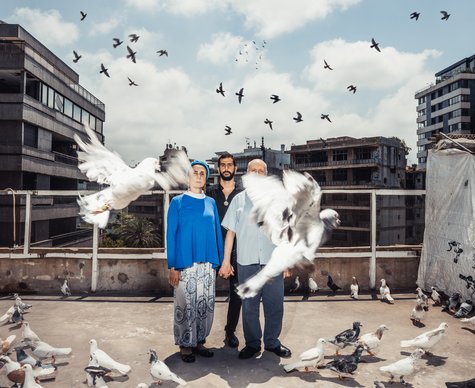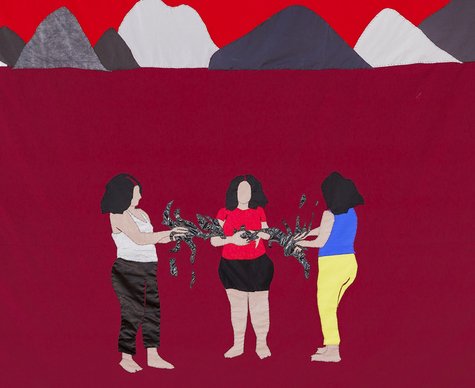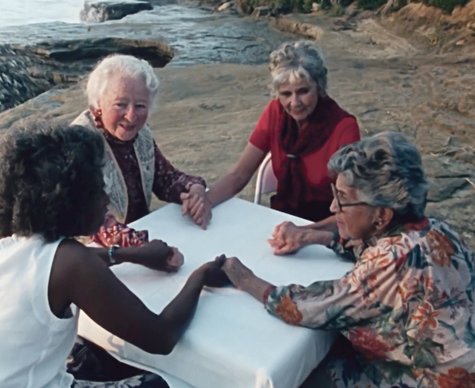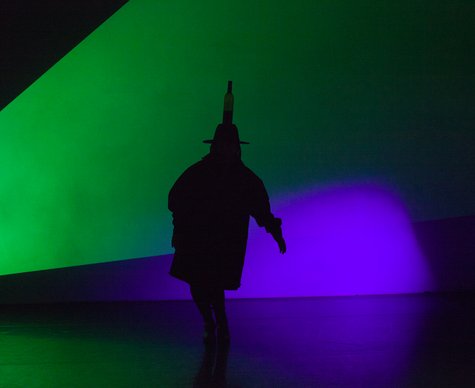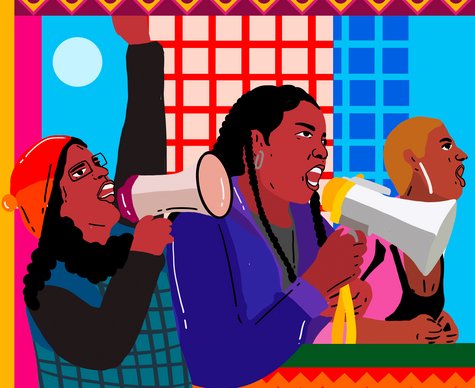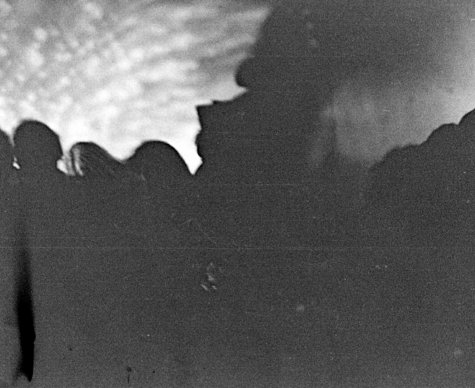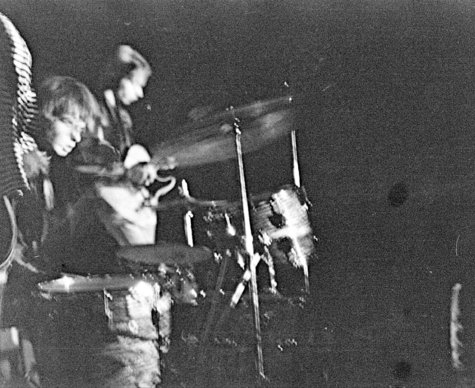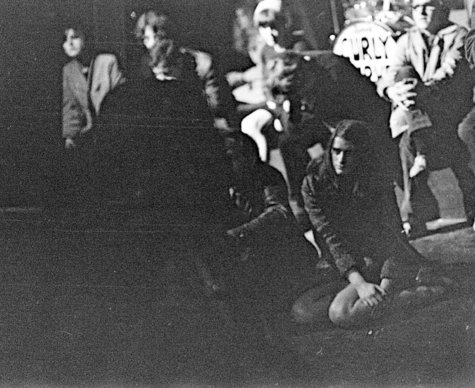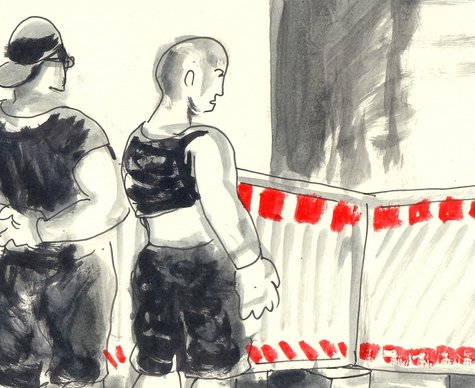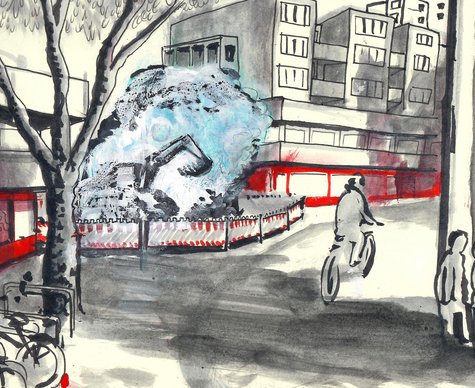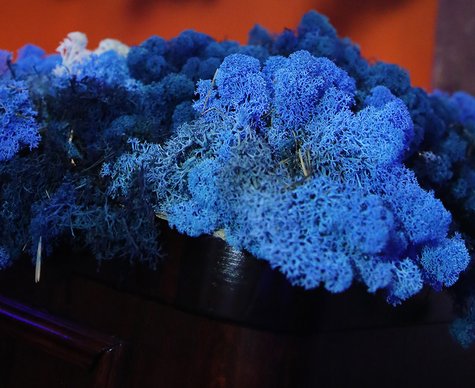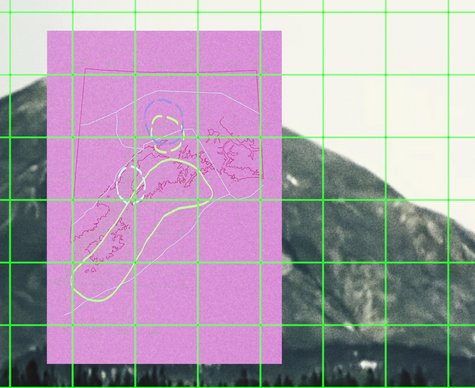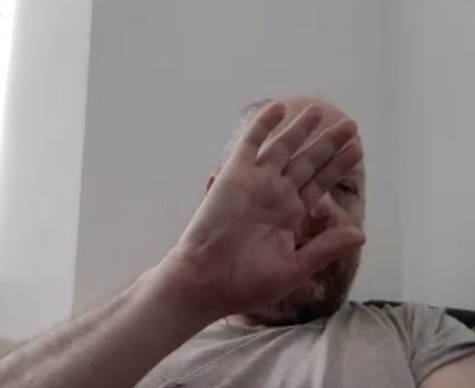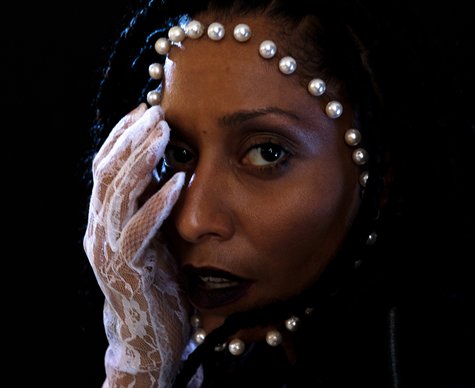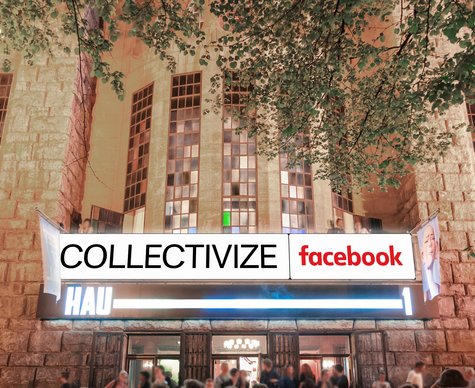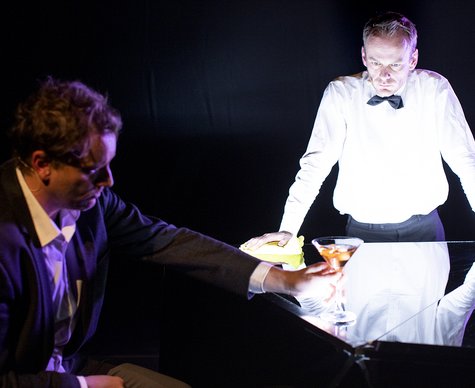Gob Squad in Conversation
On real and virtual collectivity, groups and communities
- Dialogue

Be Part of Something Bigger aims to encourage dialogue about the possibilities, adversities and limitations of collectivity and socially relevant topics such as autonomy and heteronomy, equality, participation and community in a time of the ever increasing commercialisation of all areas of our lives. The playful conversations with various invited guests will take place in the set of Gob Squad’s production Before Your Very Eyes – a living room in a box surrounded by one way mirrors –, a room within a room offering both privacy and publicity.
On virtual and real collectivity
A conversation with Harrell Fletcher (artist) – Miranda July’s co-founder of Learning to Love You More, an online participatory web-project
On communities, groups and belonging
A conversation with Phil Collins (visual artist)
Three generations of collective artistic practice (1994, 1984, 1975)
A conversation via live-video between Gob Squad, Terry O’Connor (Forced Entertainment) and Kate Valk (The Wooster Group).
The guests and their background
Harrell Fletcher
Learning to Love You More is both a web site and series of non-web presentations comprised of work made by the general public in response to assignments given by artists Miranda July and Harrell Fletcher. Yuri Ono designed and managed the web site.
Participants accepted an assignment, completed it by following the simple but specific instructions, sent in the required report (photograph, text, video, etc), and their work got posted online. Like a recipe, meditation practice, or familiar song, the prescriptive nature of these assignments was intended to guide people towards their own experience.
From 2002 to its close in 2009, over 8000 people participated in the project.
Harrell Fletcher is an artist who works on socially engaged participatory projects, he is also the director of the MFA program in Art and Social Practice at Portland State University in Portland, Oregon. In 2002 Fletcher started Learning to Love You More, an online participatory web project with Miranda July, which is now in the collection of SFMoMA.
Phil Collins
Phil Collins’ diverse practice is characterised by a close engagement with place and communities, which over the years have included disco-dancing Palestinians, fans of The Smiths across three continents, Kosovan-Albanian refugees, the youth of Baghdad, anti-fascist skinheads in Malaysia, the homeless population of Cologne, and teachers of Marxism-Leninism from the former German Democratic Republic.
Rather than static portraits, the installations, videos and photographs resulting from these collaborations articulate the nuances of relations embedded in the aesthetic regimes and economies that define everyday existence, from news and politics to entertainment and shopping. Throughout, Collins’ work upholds a commitment to myriad forms of experience across the social spectrum, and an interest in the contradictory impulses of intimacy and desire within the public sphere.
Phil Collins is a visual artist and filmmaker based in Berlin and Cologne, where he is Professor of Video Art at the Kunsthochschule für Medien. His works are represented in public collections such as, amongst others, those of Tate Gallery, London; Museum of Modern Art, New York; Guggenheim Museum, New York; Irish Museum of Modern Art, Dublin; and National Gallery of Canada, Ottawa.
Terry O’Connor (Forced Entertainment)
The work made is definitely a group creation, through a combination of free-play improvisation and discussions, during long months of rehearsal. One thing that holds this diversity together is the group’s interest in being present before audiences in immediate and ‘everyday’ ways. There’s this feeling that they’re looking, in different ways, for something that is somehow less than theatre and more than theatre at the same time.
Since forming the company in 1984, the six core members of Forced Entertainment have sustained a unique artistic partnership for 30 years, confirming their position as trailblazers in contemporary theatre. Forced Entertainment’s trademark collaborative devising process has made them pioneers of British avant-garde theatre and earned them an international reputation.
Terry O'Connor is a core member and performer with Forced Entertainment. Alongside her work with the company, she has performed with Jerome Bel, Richard Maxwell and the New York City Players, Tim Crouch and Meg Stuart and Damaged Goods, among others. In 2009 she was awarded an AHRC Creative Fellowship at Roehampton University, to pursue a practice investigating the language and paradigms of collaboration within contemporary performance and their relation to the poetics of conversational exchange, through the creative project Say The Word. In 2011 she was made Professor of Contemporary Theatre and Performance Practice at the University of Sheffield.
Terry on collective work:
Partly, it's just what we learned, at university, on a practical course with a real emphasis on making as a group. Three years also of watching other companies, many of them collectives from the late Seventies, so that maybe we got a taste for the difference in work that was made in this way, how you could feel the people in it as makers, almost independent of the work's aesthetics. We were aware that there was a lineage to this approach and interested in what it had to say as a process, about the world. Originally we called ourselves a co-operative and swapped roles for a couple of years and then, after a while, it seemed better to acknowledge that different people in the company had different inclinations and abilities as well as different opinions, that the company did not have to ignore this, in fact that the work was stronger for it. There is this ongoing balancing act in collective making, an exchange between individual initiatives and a common pulling together and somewhere in the pull and push of this, there is the possibility for a kind of positive dissent. The process works as a kind of focus shift from the individual to the bigger pictures. Sometimes there may be rules that we all adhere to, but even here, it’s difference that is exposed. Difference hasn’t stopped us. Rather it seems logical that as theatre puts groups of people onstage, you want to feel this shimmering within them, not only between the person and the task or the template or the rules, but between the individual and the group. We work together to keep going.
Kate Valk (The Wooster Group)
The Wooster Group coalesced around Elizabeth LeCompte and Spalding Gray who began making work together in 1975. The Group with its many artistic associates has created more than thirty works for theater, dance, film and video, and has managed to sustain a full-time ensemble since its founding.
Kate Valk began working with the Group in 1979 as LeCompte’s assistant, sewing, shopping, transcribing, and editing texts and then performing. Since then, she has co-composed and performed in all of the Group’s work.
Dates
Location
HAU1
Stresemannstr. 29, 10963 BerlinThere are two marked parking spots in front of the building. Access to the Parkett by means of a separate entrance with lift when necessary. Barrier-free restroom facilities are available. Tickets for wheelchair users and accompanying persons can be booked via the ticketing system. If you need any help, please contact our Ticketing & Service team at +49 (0)30 259004-27 or send us an email at
tickets@hebbel-am-ufer.de.


















